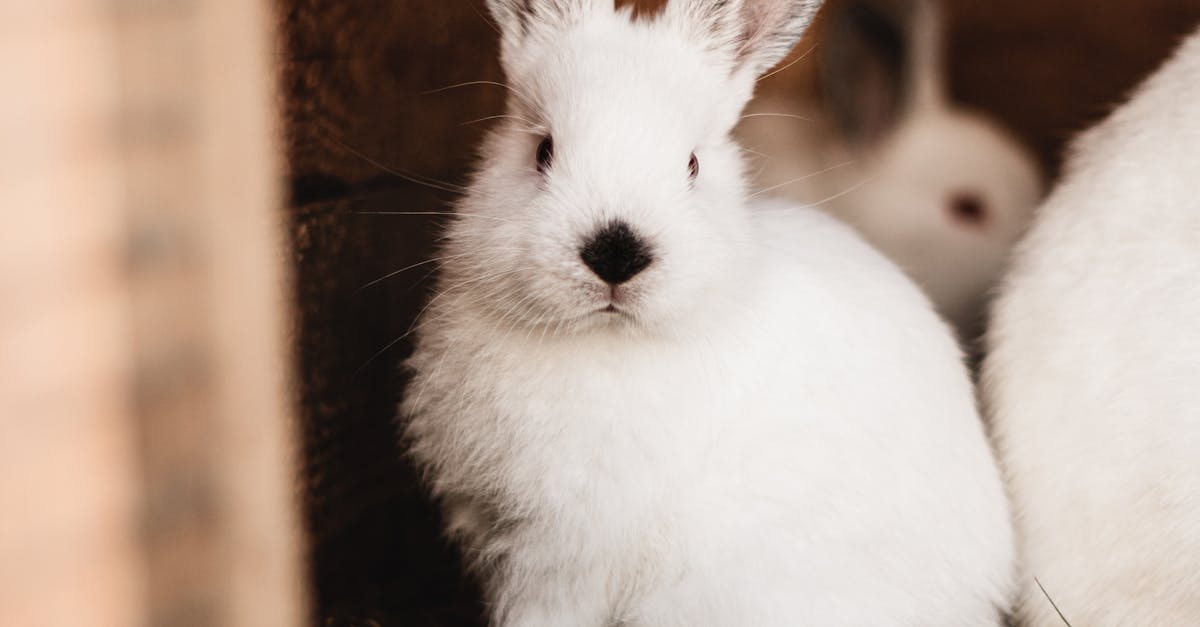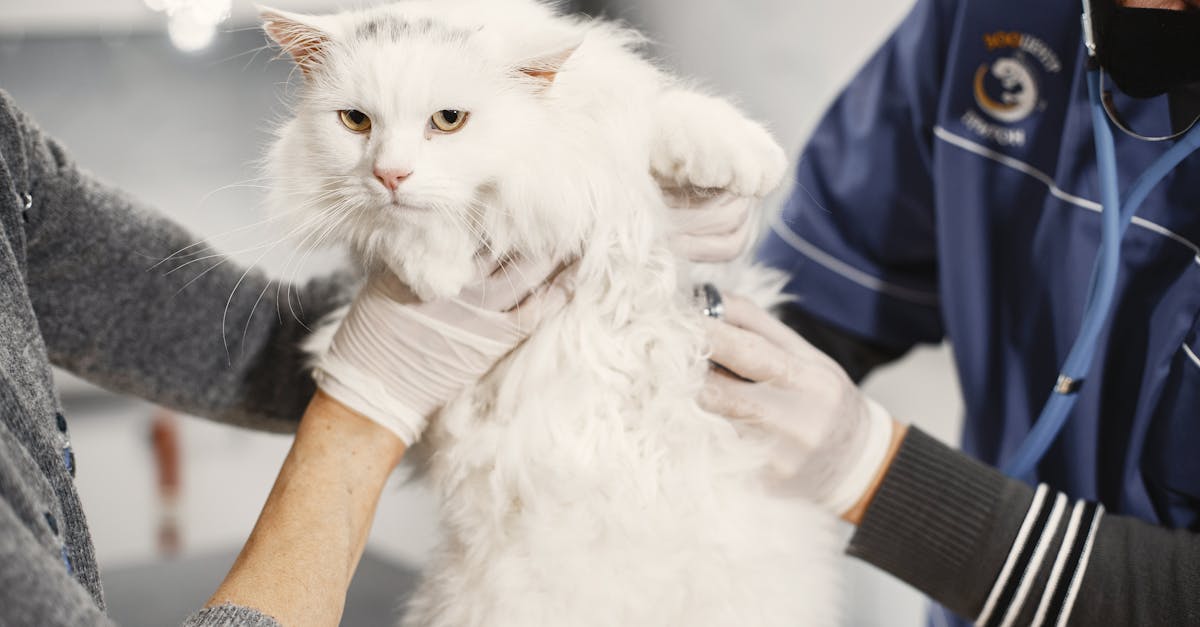Has your horse been diagnosed with cryptorchidism, or are you wondering if this condition might be affecting your equine companion? Cryptorchidism can be a confusing and concerning diagnosis for horse owners, but with the right knowledge and veterinary care, it’s manageable. Let’s explore what cryptorchidism is, why it occurs, and how you can best care for your horse.
⚠️ What to Watch For
Cryptorchidism, commonly referred to as “retained testicle,” occurs when one or both of a horse’s testicles fail to descend into the scrotum. This condition can lead to behavioral and health concerns if left untreated.
Signs that your horse might have cryptorchidism include:
- Unexplained aggressive or stallion-like behavior in a gelding
- One or both testicles missing from the scrotum
- Difficulty in handling or training due to hormonal influences
- Possible discomfort or pain in the groin area
If you notice these signs, it’s essential to consult your veterinarian for a proper diagnosis and treatment plan.
🔍 Possible Causes
Cryptorchidism in horses is primarily a congenital condition, meaning it’s present at birth. It occurs when the testicles fail to migrate properly during fetal development. The exact cause is often genetic, and some breeds may be predisposed to this condition.
There are three main types of cryptorchidism in horses:
- Abdominal cryptorchidism: The testicle is retained in the abdominal cavity.
- Inguinal cryptorchidism: The testicle is stuck in the inguinal canal, the passage between the abdomen and scrotum.
- Bilateral cryptorchidism: Both testicles are retained, which is less common but can occur.
While the condition isn’t typically life-threatening, retained testicles can cause hormonal imbalances, behavioral issues, and an increased risk of developing testicular cancer.
✅ What You Can Do at Home
While cryptorchidism requires veterinary intervention, there are steps you can take to monitor your horse’s health and manage their behavior:
- Observe your horse for any unusual behaviors, such as excessive aggression or stallion-like tendencies.
- Schedule regular check-ups with your veterinarian to monitor their overall health.
- Ensure your horse has a balanced diet, appropriate exercise, and a calm environment to reduce stress.
These measures won’t resolve cryptorchidism but can help maintain your horse’s general well-being until treatment is provided.
💡 When to Call a Vet
Cryptorchidism requires a veterinary diagnosis and treatment, as it cannot resolve on its own. If you suspect your horse may have this condition, it’s crucial to contact your vet for an examination. Diagnosing cryptorchidism typically involves a physical exam, hormonal blood tests, and possibly ultrasound imaging to locate the retained testicle(s).
In most cases, surgery is the recommended treatment. This procedure, known as cryptorchidectomy, involves removing the retained testicle(s). While surgery may sound intimidating, it’s a routine procedure performed by equine veterinarians and has a high success rate.
Delaying treatment can lead to complications such as chronic pain, behavioral problems, and an increased risk of testicular cancer. Early intervention ensures your horse can live a healthier, more comfortable life.
FAQs
Q: Can cryptorchidism in horses be prevented?
A: Since cryptorchidism is a congenital condition, it cannot be prevented. However, responsible breeding practices can help reduce the likelihood of passing on the genetic predisposition.
Q: Is cryptorchid surgery safe for horses?
A: Yes, cryptorchidectomy is a routine procedure performed by experienced equine veterinarians. While there are risks with any surgery, the benefits of removing the retained testicle(s) far outweigh the risks in most cases.
Book a $49 online vet consultation at https://www.dialavet.com for fast, expert advice.























